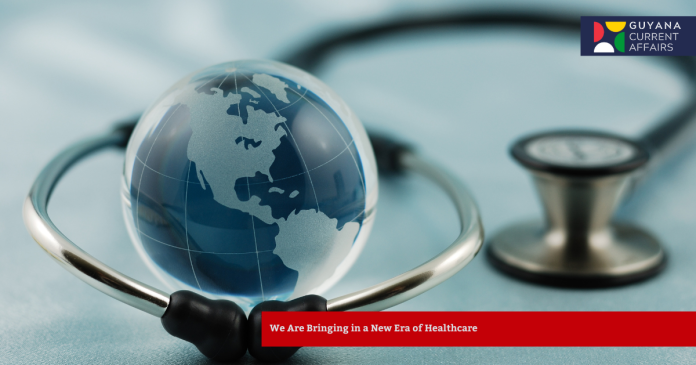The healthcare sector is on the cusp of a transformative revolution, marked by technological advancements, personalized treatments, and enhanced accessibility. This new era of healthcare promises to revolutionize how medical services are delivered, making them more efficient, accessible, and tailored to individual needs.
Key Trends Shaping the Future of Healthcare
- Precision Medicine: This approach focuses on delivering highly personalized treatments based on genetic, environmental, and lifestyle factors. It aims to maximize treatment efficacy while minimizing side effects, particularly in areas like oncology where precision therapies can target specific mutations.
- Telehealth and Virtual Care: The COVID-19 pandemic accelerated the adoption of telemedicine, which now encompasses virtual health monitoring tools, wearable devices, and AI-driven diagnostics. This technology allows for continuous monitoring of chronic conditions and timely interventions, bridging the accessibility gap in healthcare services.
- Artificial Intelligence (AI) and Machine Learning: AI is revolutionizing disease diagnosis by analyzing vast amounts of medical data, enabling early detection of illnesses and more accurate predictions of health trends. AI-powered diagnostic tools are improving outcomes by streamlining diagnostic activities and administrative tasks.
- Holistic and Integrative Health Approaches: There is a growing interest in combining conventional medicine with alternative therapies like acupuncture and yoga. This holistic approach promotes a balanced quality of life by allowing individuals to choose personalized healthcare strategies.
- Genomics and Preventative Care: Genomics is shifting healthcare from treatment to prevention by analyzing genetic predispositions to diseases. This enables patients and healthcare professionals to develop strategies to mitigate risks before illnesses arise.
Impact on Healthcare Delivery
- Enhanced Accessibility: New technologies and virtual care models are making healthcare more accessible, especially for those in remote areas or facing mobility challenges.
- Improved Patient Engagement: Digital tools and patient portals are connecting patients more closely with healthcare providers, improving engagement and outcomes.
- Efficiency and Cost Reduction: AI-driven diagnostics and personalized medicine are expected to reduce healthcare costs by improving treatment efficacy and reducing unnecessary interventions.
As healthcare enters this new era, it is poised to become more personalized, accessible, and efficient. The integration of technology and innovative medical approaches will continue to transform the healthcare landscape, offering better outcomes and improved quality of life for patients worldwide.


